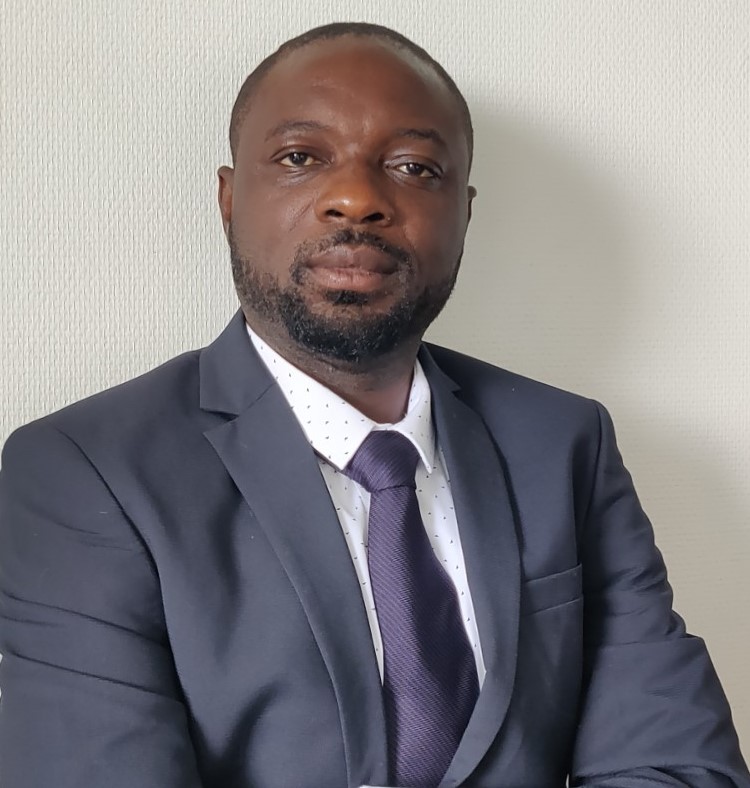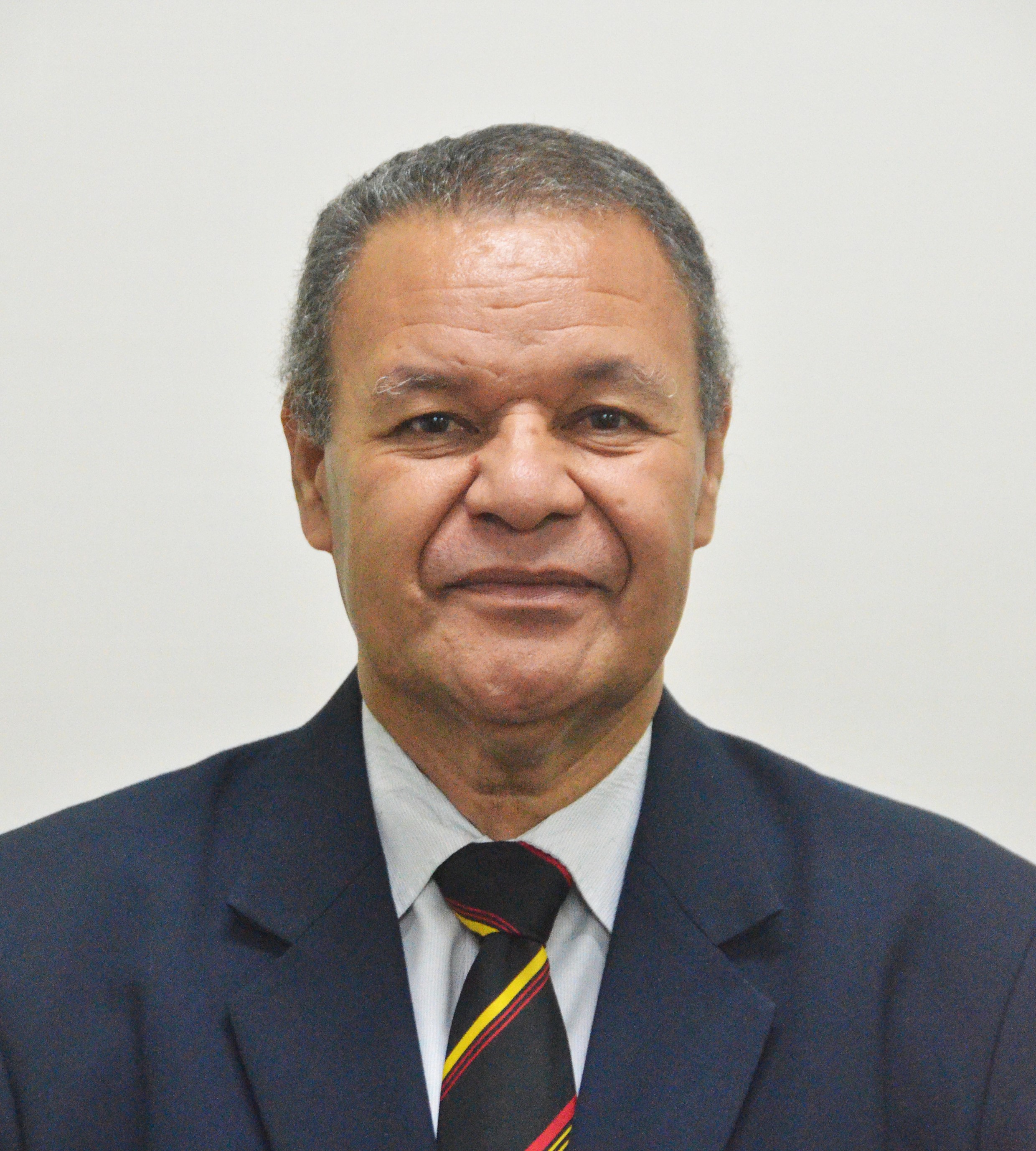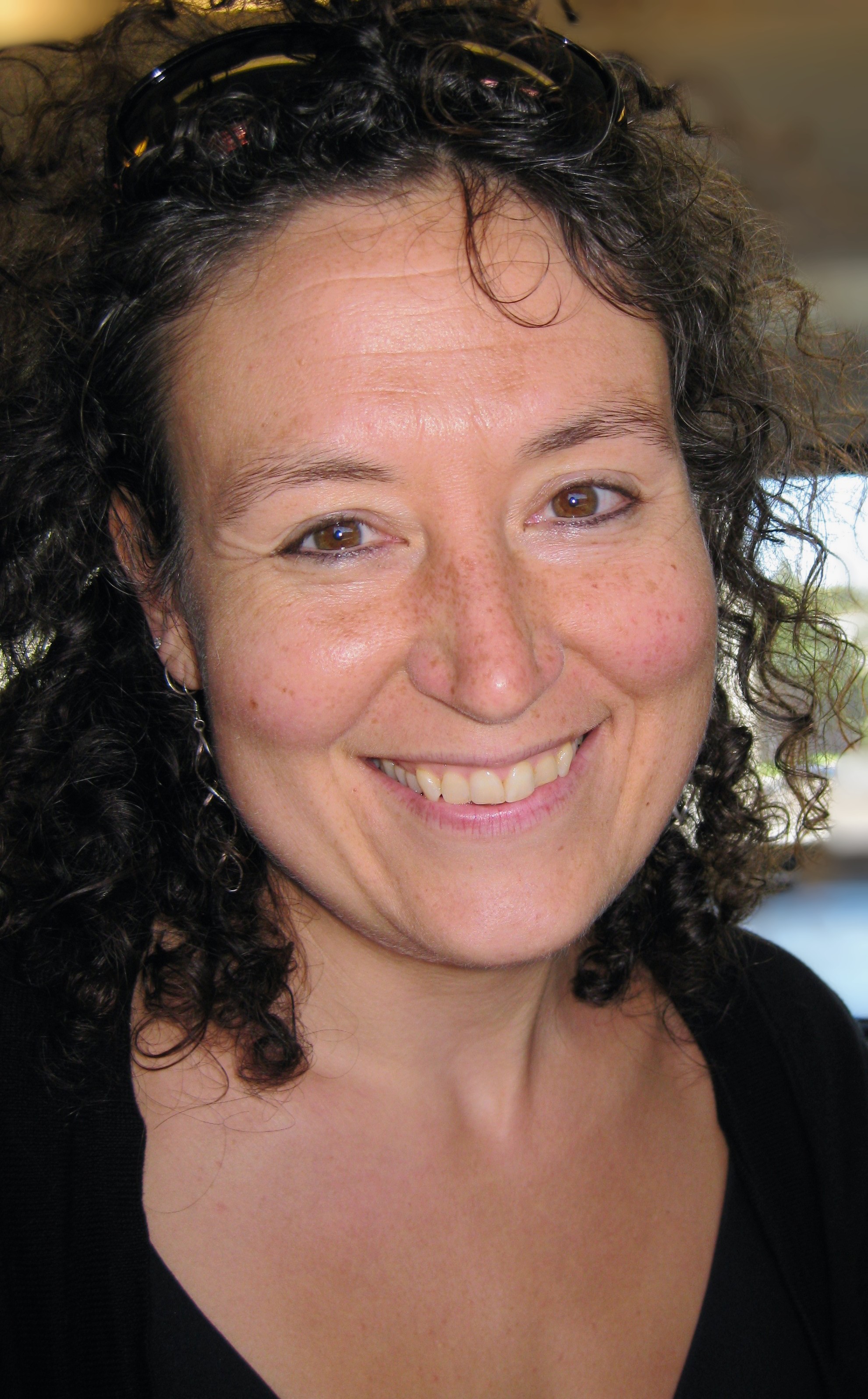11/10/2025
11:00 - 12:30
Conference Hall A: Session Room 6
, Hybride (sur site avec diffusion en direct)
Session avec interprétation
Pourquoi participer
Learn how cutting-edge monitoring technologies and cross-sector collaboration can combat transboundary plastic pollution and protect coastal and marine ecosystems. This session will give insight in real-world case studies from the Gulf of Honduras, Mesoamerican Reef and the Coral Triangle Region, showcasing innovative solutions for plastic pollution reduction and conservation efforts.
Description de la séance
The session intends to showcase how the combination of artificial intelligence and remote sensing monitoring technologies contributes to marine biodiversity monitoring, coral reefs conservation and protection from transboundary plastic pollution in the Gulf of Honduras and Coral Triangle regions. The Mesoamerican Reef, spanning about 1 thousand kilometers along Mexico, Belize, Guatemala, and Honduras, is the Western Hemisphere's largest barrier reef while the Coral Triangle region covers approximately 5.7 million square kilometers along Indonesia, Malaysia, Papua New Guinea, the Philippines, the Solomon Islands, Thailand, and Timor-Leste. Both regions are renowned for their incredible biodiversity and diverse habitats, including coral reefs, seagrass beds, mangroves, and deep-sea environments but increasingly under significant threat from plastic pollution. The session will highlight the critical role of data-driven advanced monitoring techniques, innovation and strategy to tackle transboundary plastic pollution.Organised by
Stichting The Ocean Cleanup ( Netherlands (Kingdom of the) )
Partenaires
Ministerio de Ambiente y Recursos Naturales de Guatemala ( Guatemala )
North America Regional Office
IUCN National Committee of The Netherlands



